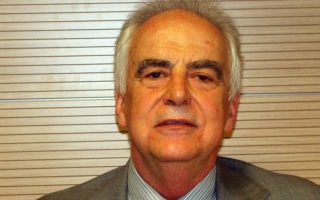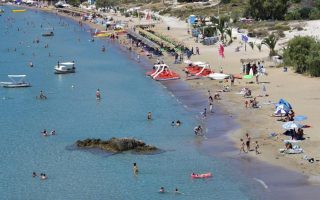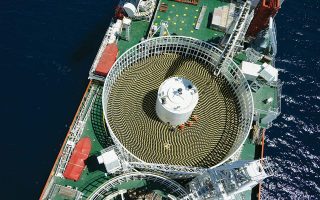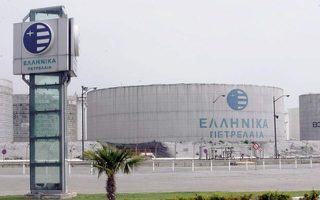Fresh hope for new businesses in Greece
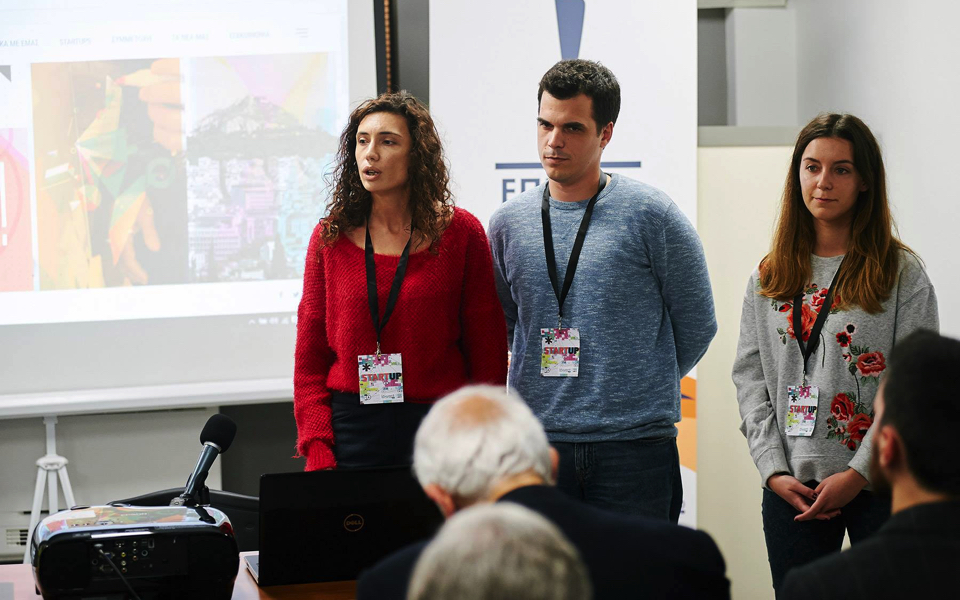
Where does the Greek startup ecosystem stand? Last week was marked by the official launch of EquiFund, the new fund of funds that has been set up to promote entrepreneurship in the recession-battered country. How much progress has been made since the launch of four funding programs through the JEREMIE initiative of the European Investment Fund (EIF) in 2013?
“There are now people with experience, who know what they are doing,” says George Tziralis, a partner at Marathon Venture Capital – one of the nine funds backed by EquiFund – in reference to potential startup founders. Tziralis was also part of the first European Union effort to fund startup technology companies in Greece, as a partner in Openfund II, which among others invested in Workable – perhaps the most successful Greek startup in recent years. Panos Papadopoulos, the other partner at Marathon, until recently lived in Northern California, where he worked for Splunk, the Nasdaq-listed tech giant that in 2013 bought out BugSense, the startup he co-founded, and also invested in promising startups, mostly with Greek founders.
The startup ecosystem, Tziralis notes, “has matured in general compared to five years ago: There are more funds, more investors per fund, larger amounts and more candidates for investment.” The two partners’ prior experience, he explains, means they have access to the big investment funds on both sides of the North Atlantic and that they know how to promote the companies they will back with the 32 million euros at their disposal (including 10.5 million in private money). He says that, generally, the investments and the contacts made over the last five years are beginning to put Greece on the map: “The more things that happen, the less exotic the idea of investing in a Greek startup becomes.”
EquiFund will make available about 410 million euros in total (national and EU contributions, EIF, European Investment Bank and private sources). The nine funds backed by EquiFund belong to three categories, depending on the stage of development of the companies they will invest in. Marathon is focused on early stage investment. Within the five-year window allowed for investment, it plans to put money into 15-20 firms, with initial rounds of 500,000 to 1 million euros. The fund has already announced three investments, and more are expected soon.
Velocity Partners (24 million, of which 2.4 million is private) focuses on even earlier stages in the evolution of business concepts. As the partners at Velocity explain to Kathimerini, they aim to see about 30 companies a month and to invest in about 40 – amounts ranging from 50,000 to 150,000 euros for pre-seed funding and 200,000-400,000 for the seed stage.
“We are searching for complete, experienced and complementary teams of new founders,” says Konstantinos Mavros, one of the four partners, with extensive experience in tech, finance, the energy sector and infrastructure. “They must have a clear sense of their funding needs for the next six to 18 months and be able to present a working prototype of the product or service that they are developing.” Dimitris Kalavros-Gousiou, another partner (the other two are Eric Parks and Achilleas Petropoulos), mentions the competitive edge the fund has in its area of focus as a result of the work of the incubator Found.ation, of which he is a co-founder. He adds that with EquiFund, the venture capital sector in Greece will finally emerge from obscurity: “It will increase from negligible levels to 0.3 percent of GDP – comparable to the EU average.”
It is worth noting that 50 percent of the private funds raised by Velocity come from Greek tech entrepreneurs, who also make up a significant part of Marathon’s private assets.
The third category of EquiFund vehicles comprises growth funds. The largest among these is EOS Capital Partners, which already has 90 million euros available (half from private investors) and is aiming to reach 120 million by year’s end.
The fund’s architect is the former chairman and CEO of National Bank of Greece, Apostolos Tamvakakis. Among the partners is Loukas Pilitsis, formerly head of private equity and venture capital at Piraeus Bank, whose activities included the JEREMIE fund PJ Tech Catalyst.
According to associate partner Eleni Bathianaki, EOS Capital Partners “will focus on the upper band of small and medium-sized businesses in Greece,” with annual turnover above 15 million euros, irrespective of sector. “We analyzed about 4,000 firms and ended up with about 80 which we will examine more closely,” she says. “Our target is to invest in 10, assuming an active management approach.”
The fund, Bathianaki explains, aims to fill the gap resulting from the problematic state of the Greek banks. “The procedures of the banks have come to resemble the public sector, and even owners of healthy businesses are skeptical about applying for new loans. We, as shareholders, have every incentive to see the companies in which we invest prosper.”

